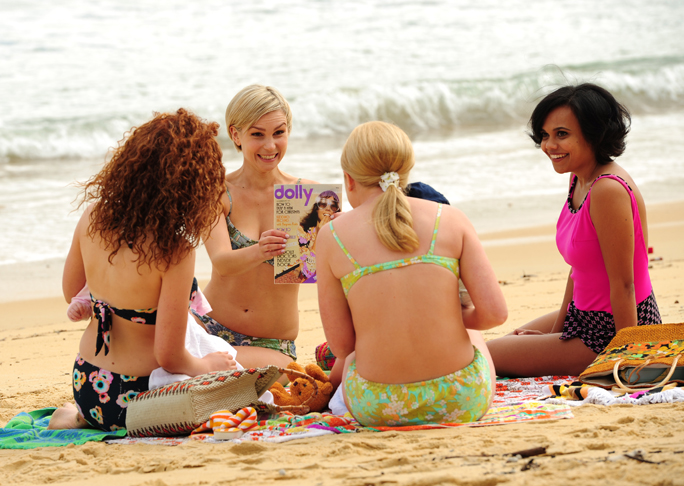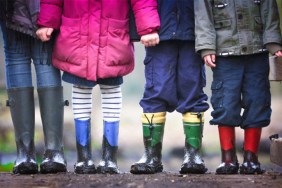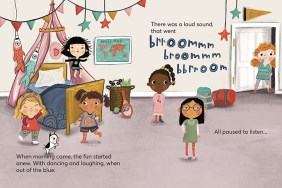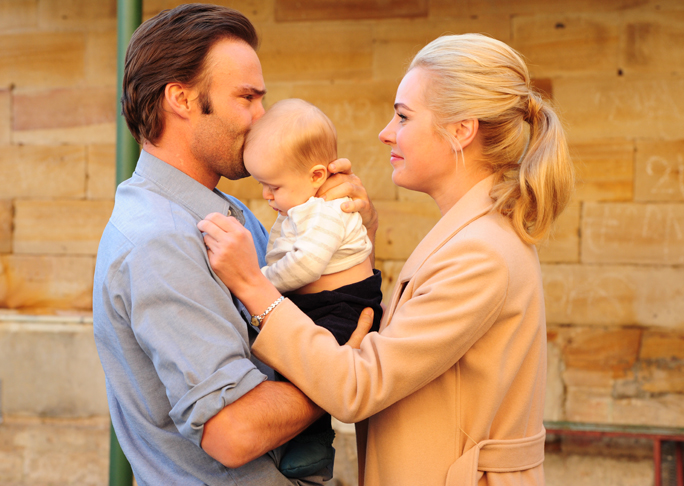 Since birthing my babes, I’ve been more and more grateful for all that my mother did for me. Mothering is all-consuming, isn’t it? And every time I think of all the things I’ve given up, and all the things I’ve gained, I think of my own mother. She has been here in the trenches too and she’s with me every step of the way, guiding me through the task of raising my boys.
Since birthing my babes, I’ve been more and more grateful for all that my mother did for me. Mothering is all-consuming, isn’t it? And every time I think of all the things I’ve given up, and all the things I’ve gained, I think of my own mother. She has been here in the trenches too and she’s with me every step of the way, guiding me through the task of raising my boys.
More than that, becoming a mother has made me so conscious of the role that gender plays throughout our lives. I’ve got two little boys who I want to raise to be kind, useful and strong. Just like my mother wanted to raise her girl to be kind, useful and strong. Before our mothers’ generation, women weren’t raised to be strong. They were the support crew to the male rock band – the critical roadies who did all the hard work setting up the show and received none of the accolades.
Then came the 1960s and 70s, a very different time. Women’s lib was the ‘thing’ and our mothers were uber-careful to redefine what being a girl meant and as a result redefined what being a boy meant too. Kids of the ’70s and ’80s were raised very differently to generations before, paving the way for the gender diversity and neutrality we raise our children to believe in today.
So much had happened since the ’60s and ’70s, when women first started fighting for their rights. When, despite the immense contribution of the suffragette movement of the early 1900s, Feminism was still in its infancy and a woman still didn’t own her own destiny. I can’t get enough of the individual stories from this era of second-wave feminism – this was when Germaine Greer published The Female Eunuch, urging women to reclaim their sexuality. Women also pushed to be allowed access to the Pill, regardless of marital status and to be allowed to drink in public bars. I am fascinated by the rise of feminism and everything our mothers fought for, when fighting was exactly what they had to do.
It’s no surprise then that I’ve been hooked on Love Child since episode one. The stories behind ‘Stanton House’ in King Cross, Sydney during the late ’60s and early ‘70s where unwed teenage mummas were dropped off at different stages of pregnancy to birth their bubs in secrecy before handing them over for adoption. It was something I knew happened, heck, I heard Julia Gillard’s speech when she was our PM apologising for the forced adoptions of the era, but watching it brought to life by the series just makes it so personal. The mothers’ stories are really the story of all motherhood. Every mumma I know would find herself in one of the characters, which is why Love Child is such perfect telly for mums.
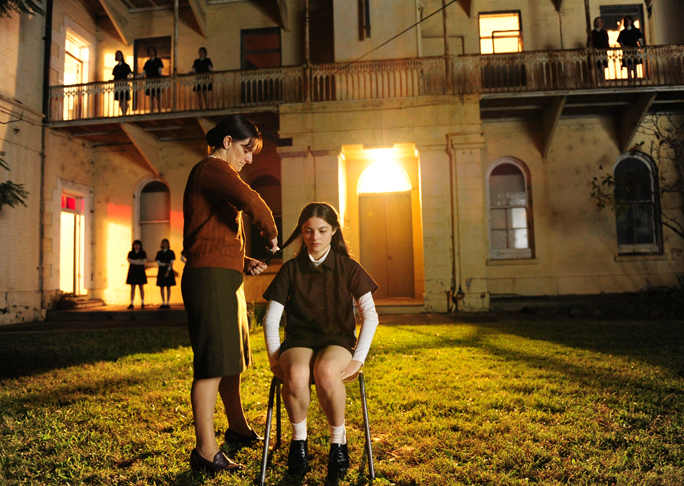
These days we take so much for granted as ‘everyday’ occurrences but, wow, does this series open your eyes to what our mothers faced. We’ve come so far in 50 years. Yes there’s still a way to go, but there is no denying how much women have achieved in the last 50 years and we should all be proud to be part of that. I find it fascinating to watch life back then unfold and it’s about the only drama show my hubby will happily sit through, so that’s really saying something.
The first few series covered the pain of forced adoption, but Season 3 is even juicier. The main character Joan Millar (played by the gorgeous Jessica Marais) becomes the first female obstetrician in NSW. Watching the way Joan has to stand up to the machoism inherent in the obstetrics field at the time is such an eye-opener (watch Jonathan LaPaglia in action as the deliciously boorish Dr Patrick McNaughton!). You realise how important it is to have women in the workforce – not just because women deserve equal opportunity, but because the workforce needs the qualities that women bring to the job.
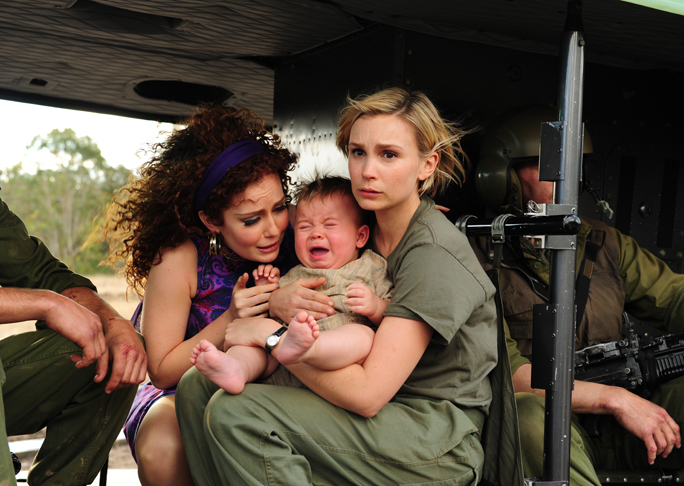
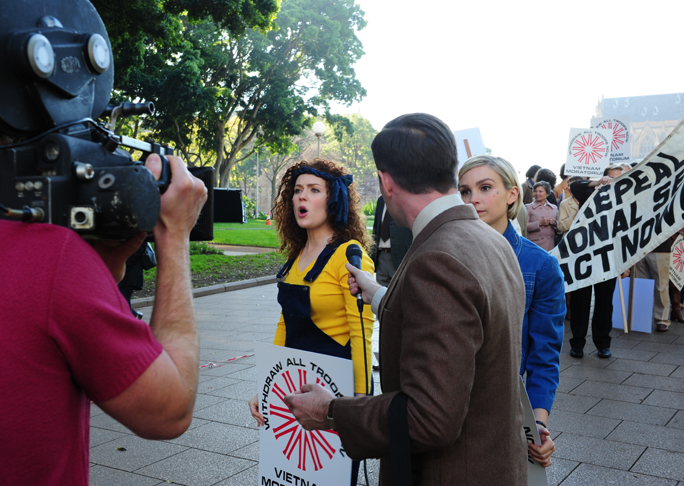
Season 3 also shows a group of the girls finishing their nurse training and heading to the Vietnam War – something I can barely comprehend let alone be brave enough to do. During this time, the inter-race relationship between Martha (Miranda Tapsell) and Simon costs Simon his job but wins him the love of his life. Can you imagine losing your job just for loving someone from a different race? It’s abhorrent to us today (and also highly illegal), but was acceptable practice in 1970.
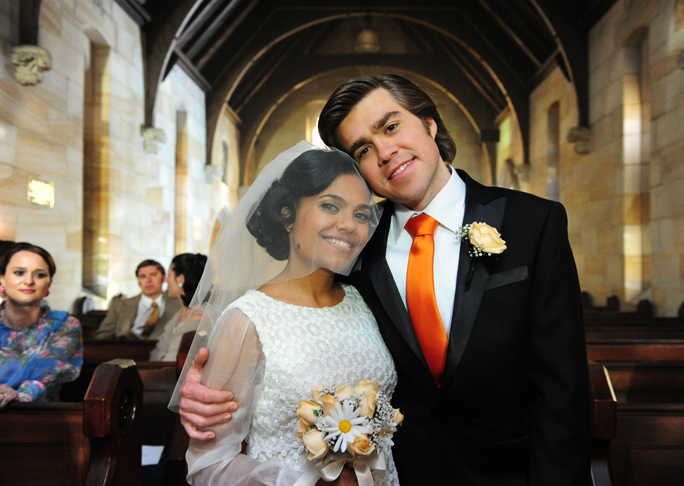
My advice? Grab the box set so you can watch the show in one big hit and then buy one for a girlfriend who is up feeding her bub in the middle of the night. She’ll love the storylines, but most of all she’ll watch it and feel so thankful for all the hard work these gorgeous women – our mothers’ generation – did for us back then. They made it okay for us to wear a bikini to the beach, they made it socially okay to leave your abusive husband and for it be perfectly okay to keep hold of your tiny baby and go it alone.
Thank you, women of the ’60s and ’70s. Thank you.
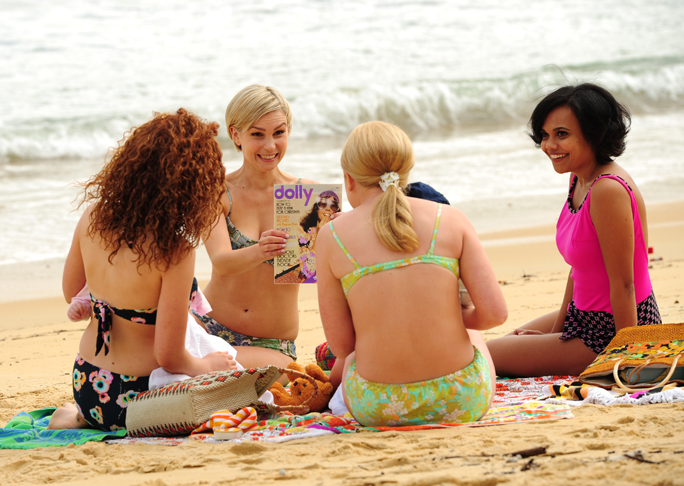
Stace x
Grab a copy (or two) of the Love Child Season 1-3 Boxset – Out now on DVD
Images: Tony Mott
© 2016 Universal Sony Pictures Home Entertainment Australia Pty Limited. All Rights Reserved.
